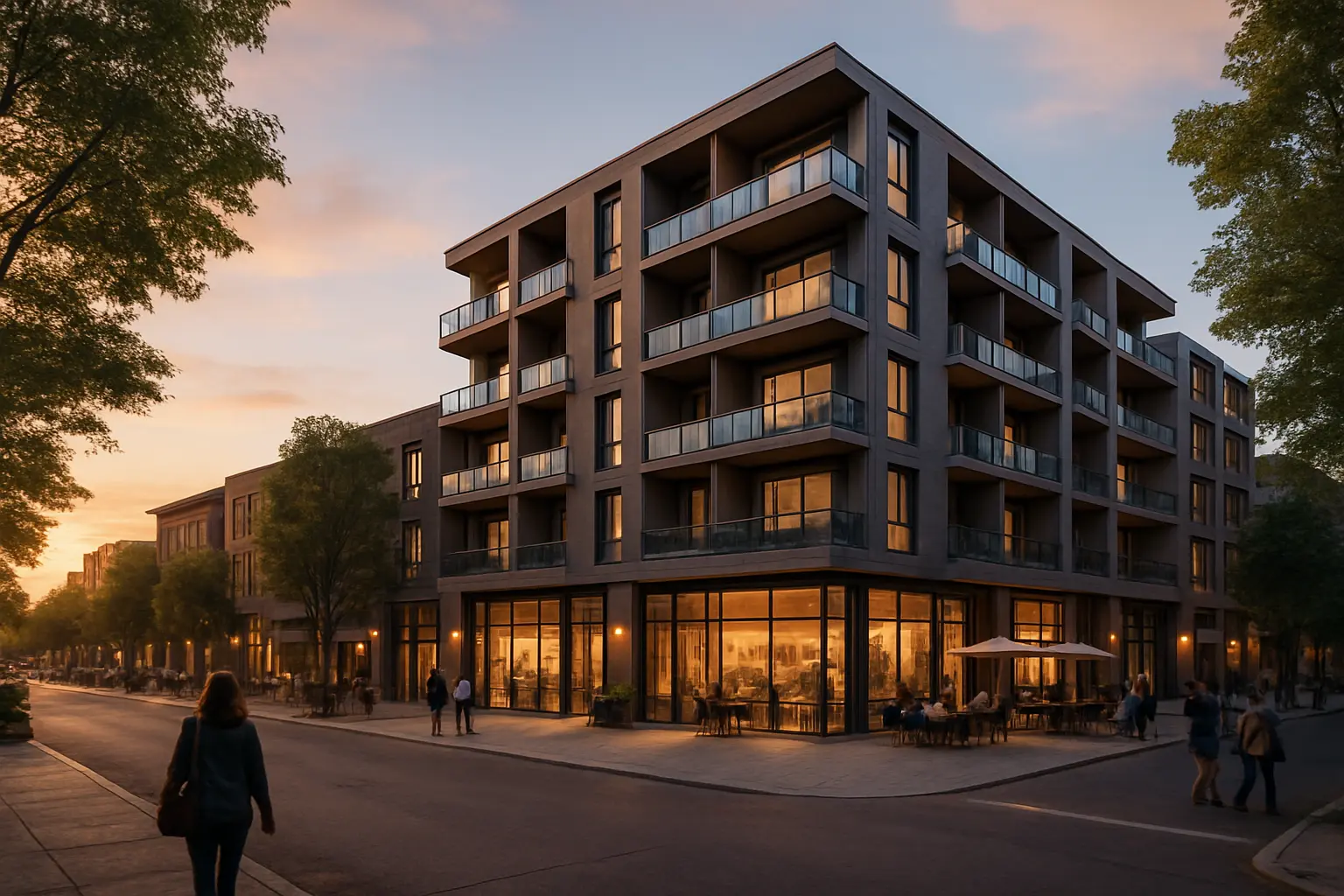Mixed-Use Properties: The Future of Smart Investment
Discover how combining commercial and residential spaces creates unmatched opportunities for savvy investors and property owners.

The Evolution of Property Usage
In today's dynamic real estate landscape, the traditional concept of single-purpose buildings is rapidly becoming obsolete. As urban areas evolve and population density increases, the demand for more efficient and versatile property usage has given rise to a revolutionary approach: mixed-use developments.
These innovative properties combine residential, commercial, and sometimes even recreational spaces within a single development, creating synergistic environments that benefit both property owners and communities alike.
Strategic Advantages of Mixed-Use Properties
Diversified Income Streams
One of the most compelling advantages of mixed-use properties is the ability to generate multiple revenue streams. By combining different types of tenants, property owners can:
- Minimize Risk: When one sector experiences a downturn, income from other sectors can help maintain stability
- Maximize Revenue: Different spaces can generate income at different times of the day
- Attract Premium Tenants: The convenience of mixed-use developments often commands higher rental rates
Reduced Vacancy Risks
Mixed-use properties inherently provide built-in risk mitigation against vacancies. With diverse tenant types, property owners are less vulnerable to sector-specific market fluctuations. This diversification strategy has proven particularly valuable during economic uncertainties.
Smart investors recognize that mixed-use properties offer a hedge against market volatility while providing steady, diversified income streams.
Reshaping Neighborhoods and Creating Community Hubs
Building Vibrant Communities
Mixed-use developments are transforming neighborhoods into dynamic, self-sustaining communities. These properties typically feature:
- Ground-floor retail and restaurants that create street-level activity
- Office spaces that bring daytime foot traffic
- Residential units that ensure round-the-clock community presence
- Common areas that foster social interaction and community engagement
Sustainability Benefits
Beyond their economic advantages, mixed-use properties contribute to environmental sustainability by:
- Reducing transportation needs through walkable communities
- Maximizing land use efficiency
- Lowering the overall carbon footprint of urban development
Positioning for Success in the Mixed-Use Market
As we look to the future, mixed-use properties represent one of the most promising opportunities in real estate investment. To succeed in this growing market, investors should:
- Research Location Demographics: Understanding local market demands is crucial for optimal tenant mix
- Plan for Flexibility: Design spaces that can adapt to changing market needs
- Focus on Community Integration: Create developments that enhance and complement existing neighborhood characteristics
The future of real estate investment lies in creating spaces that serve multiple purposes while building stronger, more connected communities. Mixed-use properties not only offer superior returns but also contribute to the development of sustainable, livable cities for generations to come.


